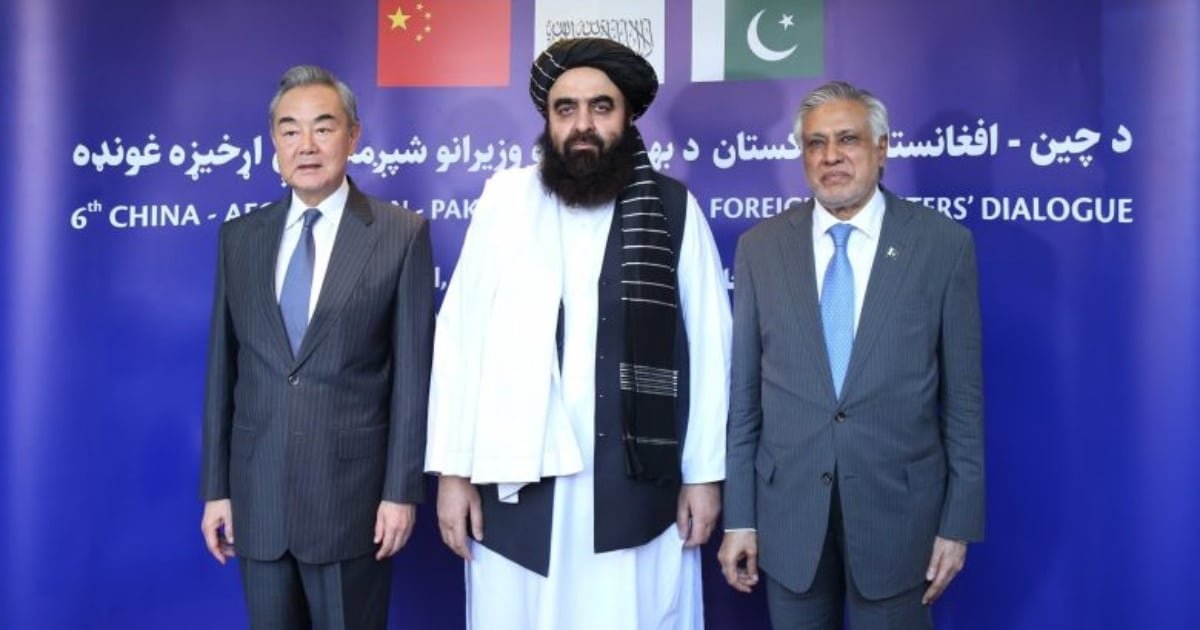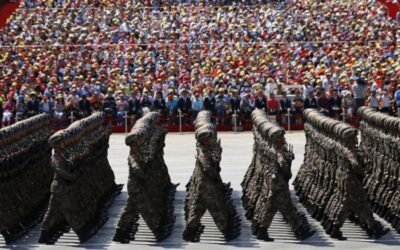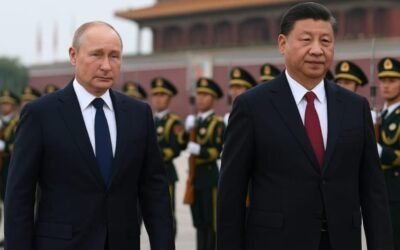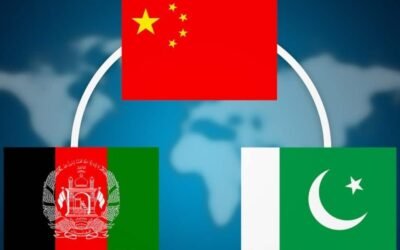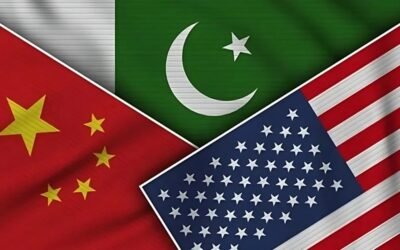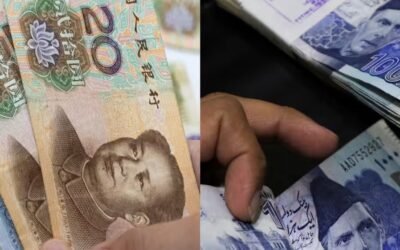The China-Afghanistan-Pakistan trilateral dialogue began in 2017 and was revived after the Taliban took power. Its fifth session in November 2023 gathered China’s Qin Gang, Pakistan’s Bilawal Zardari, and Afghanistan’s Amir Khan Muttaqi in Islamabad. The meeting covered politics, counterterrorism, trade, and connectivity. Pakistan and China raised concerns about terrorism in Afghanistan. They also discussed ways to support Afghanistan’s economic recovery. The sixth round of trilateral dialogue followed in Kabul in August 2025. Each session ends with a joint communique. The Kabul statement promised stronger cooperation against terrorism and closer trade and CPEC links with Afghanistan. Pakistan’s officials stress that these outcomes help keep Kabul tied to regional initiatives.
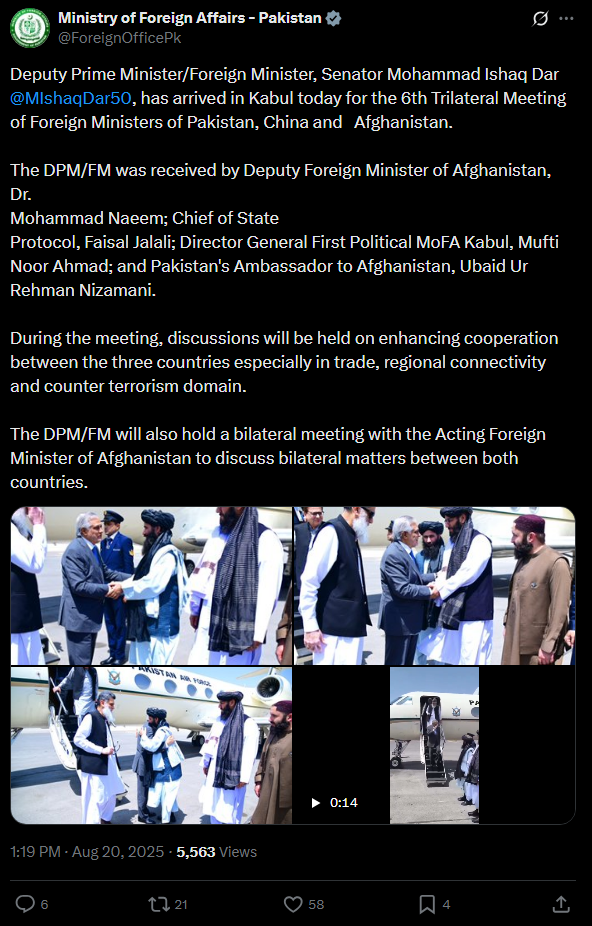
Source: X
Pakistan and China Press Kabul on Counterterrorism at 2025 Dialogue
At the 2025 Kabul meeting, Pakistan raised sharp security concerns. Foreign Minister Dar warned that progress in counterterrorism still lags behind commitments. He pressed the Taliban to block safe havens for the TTP and Baloch insurgents, insisting Afghan soil must not be used against Pakistan. He urged action against banned groups. He called for concrete and verifiable steps against FAK/TTP and the FAH/BLA/Majeed Brigade. Analysts read his remarks as strong pressure on Kabul, pointing to TTP leaders still present across the border. Islamabad used the dialogue to record its demands and treat the forum as a tool for accountability.

Source: Dawn
China and Pakistan together backed these demands. Chinese FM Qin Gang urged the Taliban to act firmly against terrorist groups, citing shared concerns like ETIM. In 2023, Former FM of Pakistan Bilawal Bhutto Zardari called terrorism a core issue and a red line for Islamabad. These public remarks showed Beijing reinforcing Pakistan’s security stance. China’s role elevated Islamabad’s concerns and signaled that counterterrorism is now a formal multilateral agenda, not just a bilateral matter.
Taliban Assurances Face Doubts Amid Ongoing Militancy
IS-Khorasan has increased attacks in Afghanistan. Civilians, Taliban members, and Chinese nationals were among the targets. Pakistan’s former FM Zardari said terrorism is a red line for Islamabad. He noted that cross-border violence has risen since the Taliban takeover in 2021. Pakistan blames the TTP for these attacks. The group uses Afghan sanctuaries and has ties with the Afghan Taliban. Kabul denies this. Critics cite TTP leaders’ presence in past peace talks.
Taliban officials gave cautious assurances, but doubts remain. Afghanistan’s foreign minister assured that Afghan soil would not be used against neighbors. He framed this as a key principle of Kabul’s foreign policy. Yet observers say such assurances lack enforcement. Some FAK leaders move freely in Afghan provinces. Pakistan has recorded cross-border attacks even after dialogue rounds. This shows militant activity persists despite promises. Without real action, the dialogue is mostly declaratory. Progress requires visible steps. These include restricting militant movement, shutting training camps, and cutting supply networks. Only then can the Taliban prove they value regional security over factional ties.
You May Like To Read: Chinese FM Wang Yi in Islamabad for Sixth Round of Strategic Dialogue
China’s Strategic Stakes and Alignment with Pakistan in Afghanistan
China’s interests strongly shape the trilateral dialogue. Beijing has invested billions in Afghanistan’s oil, gas, and mining sectors, making stability a direct priority. Linking Afghanistan to the Belt and Road Initiative would advance China’s economic goals and reduce dependence on risky maritime routes. This creates a natural alignment with Pakistan’s agenda, as both states view Afghan stability as vital for shared projects. For Islamabad, Beijing’s support amplifies its security concerns and ensures its red lines are acknowledged. Pakistani planners admit that without China’s weight, Kabul might feel less pressure to act on these demands.
Analysts Split on Effectiveness of Trilateral Dialogue
Analysts remain divided on the dialogue’s impact. Some Pakistani experts see it as a key policy tool, giving Islamabad a formal platform to voice complaints and bringing China in as an enforcer. Former Ambassador Naghmana Hashmi called the talks “a positive development” that fosters trust, since all parties publicly commit to act against militants. Supporters argue that even slow movement counts as progress, as constant engagement keeps pressure on Kabul. Others remain skeptical, pointing out that each round mostly repeats old pledges. The real measure will be whether it results in arrests and secure borders.
Former diplomat Asif Durrani said the meeting’s success depends on whether cross-border terrorism declines in the coming weeks. He called the process ongoing but noted some improvement, urging continued dialogue between Pakistan and Afghanistan. Durrani warned that halting talks, as with India, creates regional instability. The talks come as Pakistan continues deporting Afghans, with plans to expel even documented refugees after September.
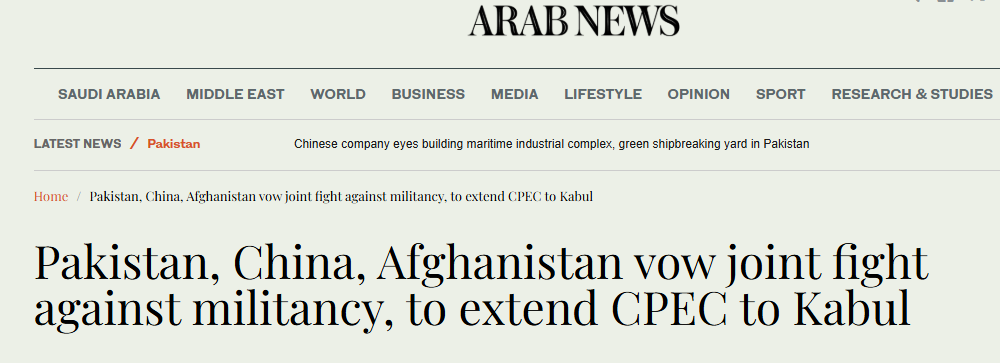
Source: Arab News
Conclusion
Pakistan treats the trilateral dialogue as policy, not public relations. Officials in Islamabad stress practical steps like detaining militants and securing borders. They argue the talks carry real stakes. The forum compels Kabul and China to formally acknowledge Pakistan’s security concerns. With few alternatives, Pakistan insists on using every available channel. Experts caution that promises alone are not enough. Only sustained action, such as dismantling terror networks, will prove the dialogue’s worth. For now, Pakistan stays fully engaged, believing withdrawal would weaken its leverage. The test ahead is whether future sessions deliver results on the ground or fade into empty words.
You May Like To Read: Rethinking Strategic Depth: From Kabul to Gwadar

